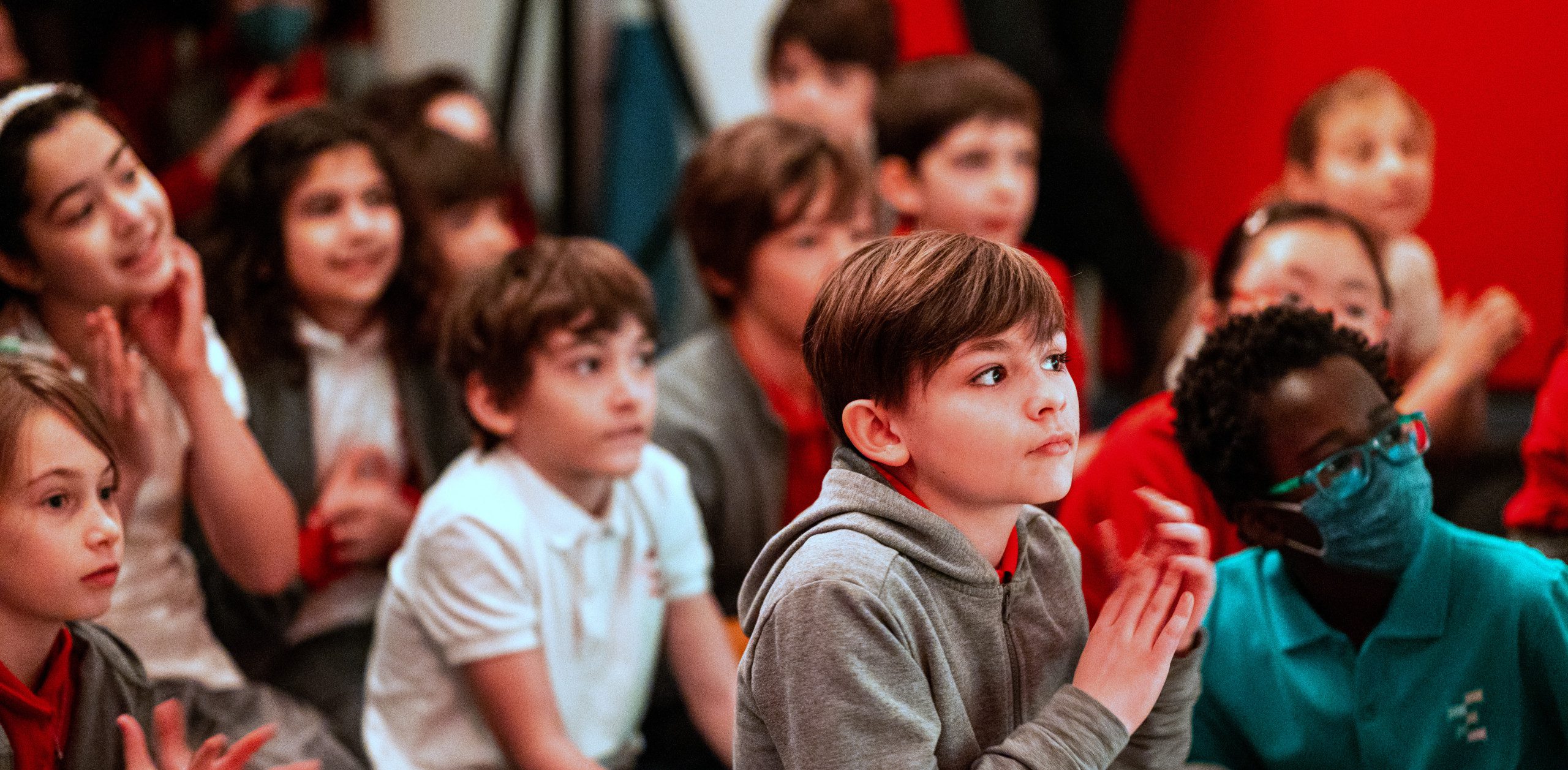Finnish is one of the 49 nationalities represented at The École. For a head of school, Finland is one intimidating country, on account of the excellence of its educational system—one that harmoniously couples academic success and student well-being in a way that no other country can rival. When you discover that you have a Finnish family at your school the pressure is on!
Why is it that some countries score higher than others in rankings of educational systems? The question is vast and wide-ranging. We know for example that France doesn’t always score very well and that its education system, unfortunately, runs counter to its main objective: it perpetuates—and even amplifies—social inequality (students who do very well in French schools are among the best students in the world, yet the French struggle to help students make progress when they are in difficulty).
Comparisons between countries are part of our daily life at The École. There is a slew of differences between the French and the American approaches to education. They can be seen in expectations (why I wonder should an American kid have to be able to count up to 100 by the end of Kindergarten, while a French kid is only expected to count to 30?), in curriculum content (in history or in math for example and also in the explicit teaching of grammar in France and the holistic approach to it here), and in the names of subjects (Social Science is a college course in France whereas kids here do Social Studies starting in pre-school.) These are all technical differences we can easily adapt to.
Sometimes the differences are more cultural. They may involve discipline (How loud is too loud? Where do we draw the line when it comes to unruly behavior?), the esteem accorded to certain types of knowledge (the importance of culture générale in France and the more pragmatic emphasis placed on theory here), or life skills (oral expression takes a backseat in France yet occupies center stage here).
Sometimes, the differences run deeper still. The French education system is born of a clear desire to promote and defend the values of an idéal républicain, which don’t always resonate in American society (laicity, politics of identity, and the treatment of differences for example). The teaching profession is different too—what we expect from teachers, why education is chosen as a career path, and how teachers are perceived by society are all factors that (often subconsciously) affect our vision of school and what it should be.
At The École we want children to get the best of both systems. It’s something we work on daily and it can be a tricky subject because in order to define what we mean by the “best” we need to also identify what is not so great. Nevertheless, it is vital work because it is the visible trace of our capacity for consideration and our openness to others. And like almost everything, it is something that must be learned.
Wishing you an excellent weekend
P.S.: Thank you to Cheryl, Finnish by adoption, who inspired this week’s letter by sharing this article with me.
P.P.S: Please don’t hesitate to tell me your anecdotes about the education system you grew up with. This morning, a mom told me that she was referred to as “number 57” at school (there were 61 kids in her class and each had a number!)


